J&K Police Deports Pakistani Nationals Amidst Centre’s Directive Following Pahalgam Attack
In compliance with a directive from the central government, the Jammu and Kashmir Police today deported several Pakistani nationals residing in the Union Territory. The deportations took place via the Attari-Wagah joint check post (JCP) along the India-Pakistan border, following the Centre's instruction that all Pakistani citizens must leave India by May 1, in the aftermath of the recent Pahalgam terror attack.
The deportees were transported in police buses from various districts including Handwara, Kupwara, Baramulla, and Budgam. Upon arrival at the JCP, emotions ran high.
Sarah Khan, a deportee from Rajouri, emerged from the bus holding her 14-day-old infant and appealed to the media. She claimed she was taken from her home at midnight despite recently undergoing a caesarean delivery. Sarah, originally from Mirpur in Pakistan-occupied Kashmir, said she was on a valid Long-Term Visa (LTV) set to expire in July 2026. Her husband, Aurangzeb Khan—also her cousin—said the couple married in 2017.
Another deportee, Riyaz Khan from Kupwara, expressed anguish over his removal. He stated that his father had served in the Indian Army and that he had even contested elections for the District Development Council. Riyaz said he had accidentally crossed into Pakistan as a child and returned in 2007, but was now being sent back after 18 years, leaving behind his Indian wife and three children. He held up his Aadhaar card from behind the mesh of the police bus window as proof of his Indian identity.
A particularly poignant case was that of Radha, a woman in her 60s who was picked up from her home in Kathua district during the night. She insisted she was an Indian citizen, claiming she had valid documents and had lived in India for decades. Radha said she was born in Pakistan but came to India with her parents long after Partition. Now, she says, she has no family ties in Pakistan, while all her children live in Jammu.
These deportations have triggered emotional appeals and raised questions about documentation, identity, and due process, particularly for those claiming Indian ties or long-term residence. There has been no official comment yet from the Ministry of Home Affairs on individual cases.

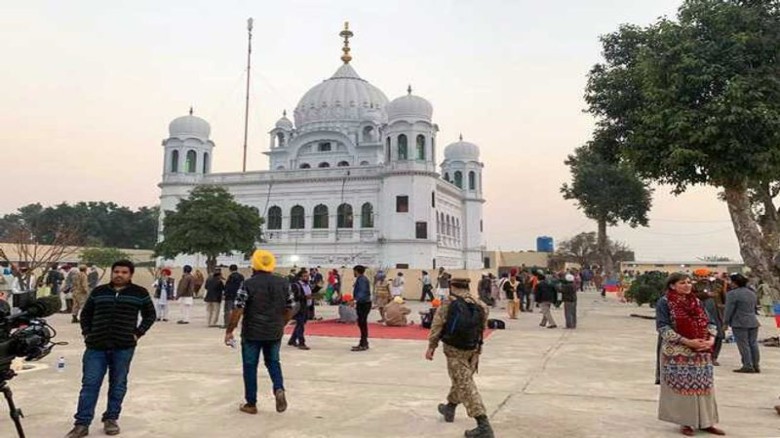


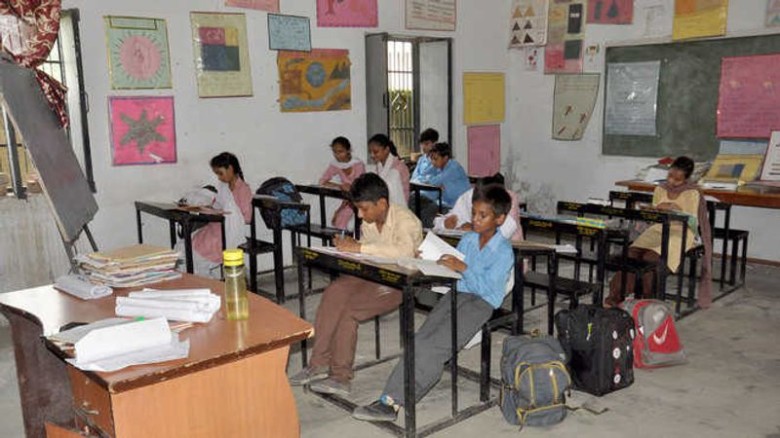







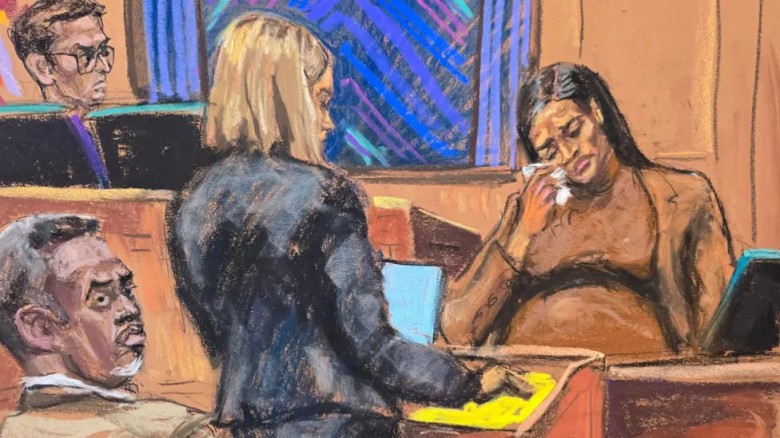











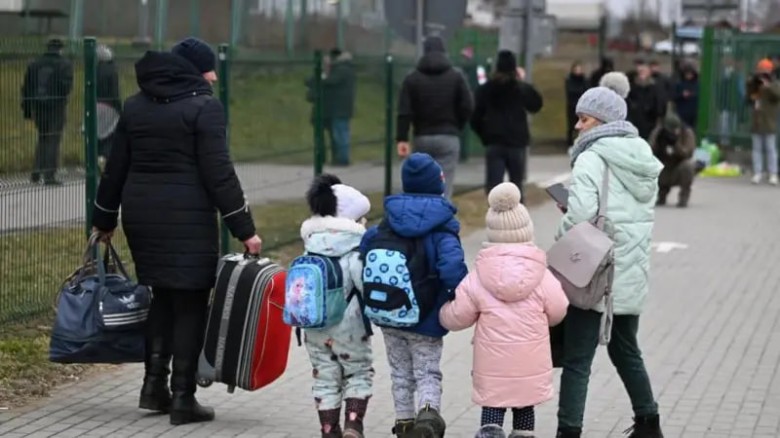



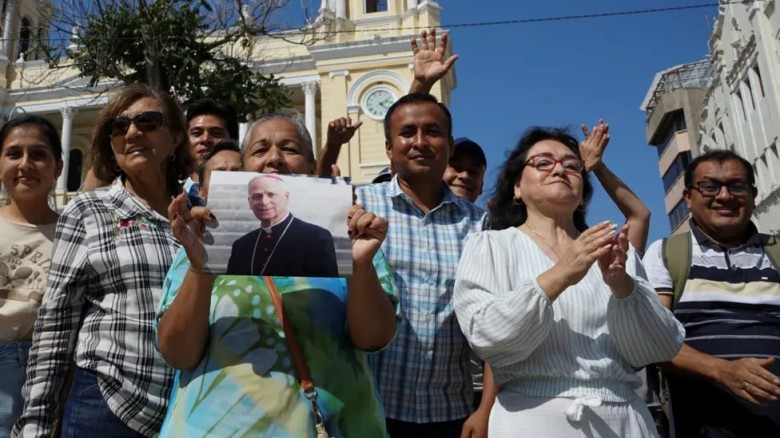











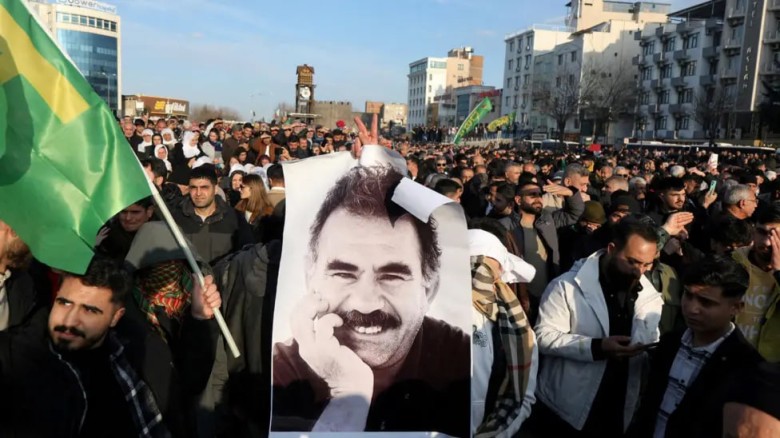









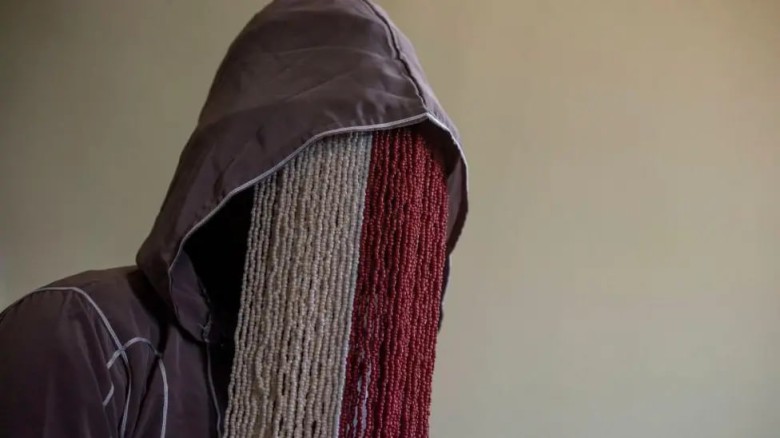






















Leave A Comment